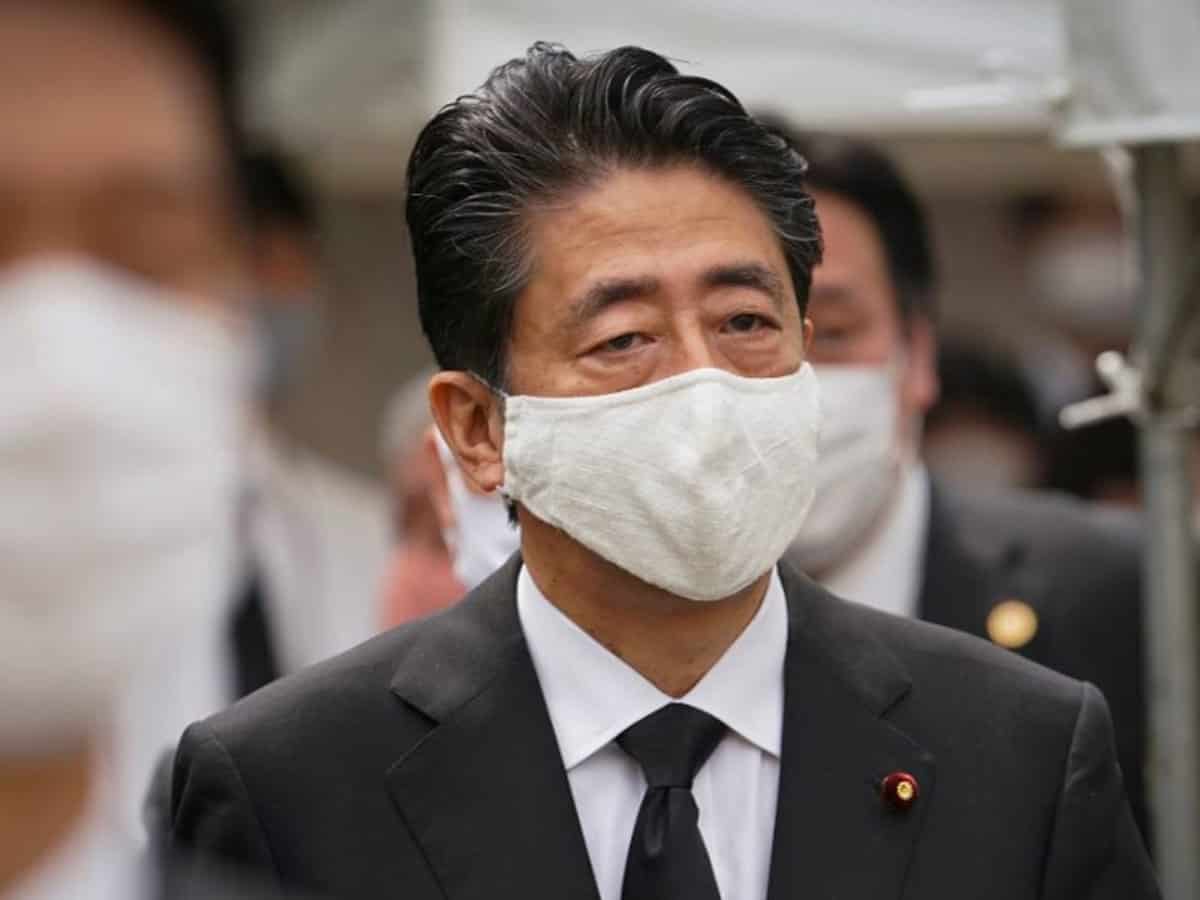Japan’s Prime Minister Shinzo Abe, 66, has resigned citing health reasons. The resignation comes days after he made at least two hospital visits in a week. Recently, Abe became Japan’s longest-serving leader, breaking the record of spending the maximum number of days in office that was previously set by his great-uncle, Eisaku Sato, who served as Japan Premier from 1964 to 1972.
There was talk concerning Abe’s health and his subsequent ability to serve in public office for months but the governing Liberal Democratic Party attempted to quash them as unfounded rumours, insisting that Abe would be able to complete his tenure which is scheduled to end September next year.
According to reports, Abe suffers from ulcerative colitis, a chronic medical condition that he has lived with since he was a teenager, but one that has aggravated recently.
During his first term as the country’s PM, Abe resigned in 2007, only a year after assuming office. Political observers had said that Abe’s sudden resignation was due to foreign and domestic factors, including a political stalemate in Japan over the country’s logistical support for the US invasion of Afghanistan.
Meanwhile, several of Abe’s political appointees had been accused of involvement in a political scandal and his political party, the Liberal Democratic Party, too, witnessed a crushing defeat in the polls.
Abe’s tenure is known for his aggressive economic policies known as ‘Abenomics’ that focussed on Japan’s economic revival.
Tags Japan PM Shinzo Abe
 Gulte Movie News And Politics
Gulte Movie News And Politics

















